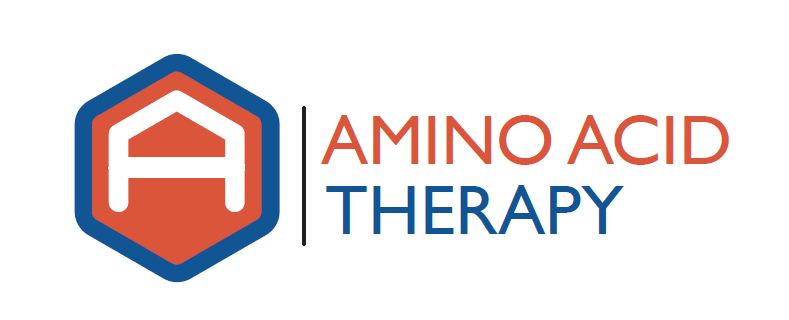Neurotransmitters are chemical messengers that help relay information throughout the body. Most neurotransmitters are classified as one of two types – inhibitory or excitatory. Inhibitory neurotransmitters slow down the flow of information by calming and reducing the activity of neurons; you can think of these neurotransmitters as helping to “put on the brakes” when neurons are firing. Excitatory neurotransmitters generally increase the flow of information by causing more neurons to fire; they are like the “gas pedal” that keeps us engaged and focused. Since every neurotransmitter works within a system, it is the balance between the inhibitory and excitatory neurotransmitters that is important in regards to how your body functions.
The main excitatory neurotransmitters in the body are dopamine, norepinephrine, epinephrine and glutamate.
The Catecholamines – The Main Excitatory Neurotransmitter System and its Importance
The primary neurotransmitter system within the body is thought to be the serotonin: catecholamine system. The catecholamines are actually a combination of three excitatory neurotransmitters: dopamine, norepinephrine and epinephrine.

Dopamine plays a number of important functions in the brain; this includes the reward system whereby we feel pleasure, achieve heightened arousal and do much of our learning. Research has discovered that anything that we considered rewarding increases the level of dopamine transmission in the brain.
A wide variety of highly addictive drugs, including cocaine and amphetamines (i.e., methamphetamine, “speed”, Adderall, Vyvanse, Dexedrine) act directly on the dopamine system. Dopamine also helps improve focus, concentration and memory as well as motivation. Several important diseases are associated with dysfunctions in the dopamine system, including Parkinson’s disease, schizophrenia, restless leg syndrome and ADD/ADHD.
Norepinephrine is made from dopamine and plays many roles it the body. It (along with epinephrine) are made in the adrenal glands and are responsible for the “fight-or-flight” response to stress, which increases your heart-rate, increases available blood sugar and increases blood flow to the muscles to allow you to act or react to stressors.
Norepinephrine also affects blood pressure and heart rate, although it’s most widely known impact is on alertness, arousal, decision making, attention and focus. Several ADHD medications, such as methylphenidate (Ritalin/Concerta), amphetamines (Adderall, Dexedrine) and atomoxetine (Strattera) are used to increase synaptic levels of norepinephrine in the brain in an attempt to help improve focus and concentration. Other classes of drugs seek to modulate norepinephrine in the brain to improve depression, including venlafaxine (Effexor), duloxetine (Cymbalta) and bupropion (Wellbutrin).
Epinephrine (also known as adrenaline), like norepinephrine, is released from the adrenal glands in response to stress and is partially responsible for the “fight-or-flight” response. Like norepinephrine, it affects a number of important functions, including heart rate, breathing and blood pressure.
Imbalances in epinephrine can lead to “adrenaline junkies”, a term that is often used to describe people that seem to thrive on stress and/or stressful activities. Unfortunately, these people also usually suffer from a constant need for urgency, have trouble relaxing or sleeping and keep ‘the pedal to the medal’ as they race through life.
Glutamate is the most abundant excitatory neurotransmitter in the human brain. Glutamate works in a system with gamma aminobutyric acid (GABA) and plays a key role in cognitive functions like learning and memory. Imbalances in glutamate levels are associated with Alzheimer’s disease, seizures and certain forms of autism. Interestingly, glutamate is also used as a flavor enhancer in the form of monosodium glutamate (MSG), which is a known neurotoxin.
The Importance of Balance and Excitatory Neurotransmitter Function
When thinking about neurotransmitter function, it is not whether the amounts are “too high” or “too low” that is important; what is important is the balance between the various inhibitory and excitatory neurotransmitters. If the excitatory neurotransmitters are out of balance with the inhibitory neurotransmitters, symptoms develop, including inability to focus and concentrate, anxiety/worry, inability to sleep properly, obsessive thoughts, depression, tendencies towards addictions and poor memory. Therefore, it is vitally important to achieve proper neurotransmitter balance. This requires specific testing and working with a health care provider trained in the use of amino acid therapy.



